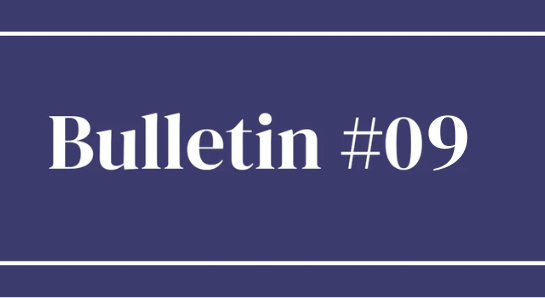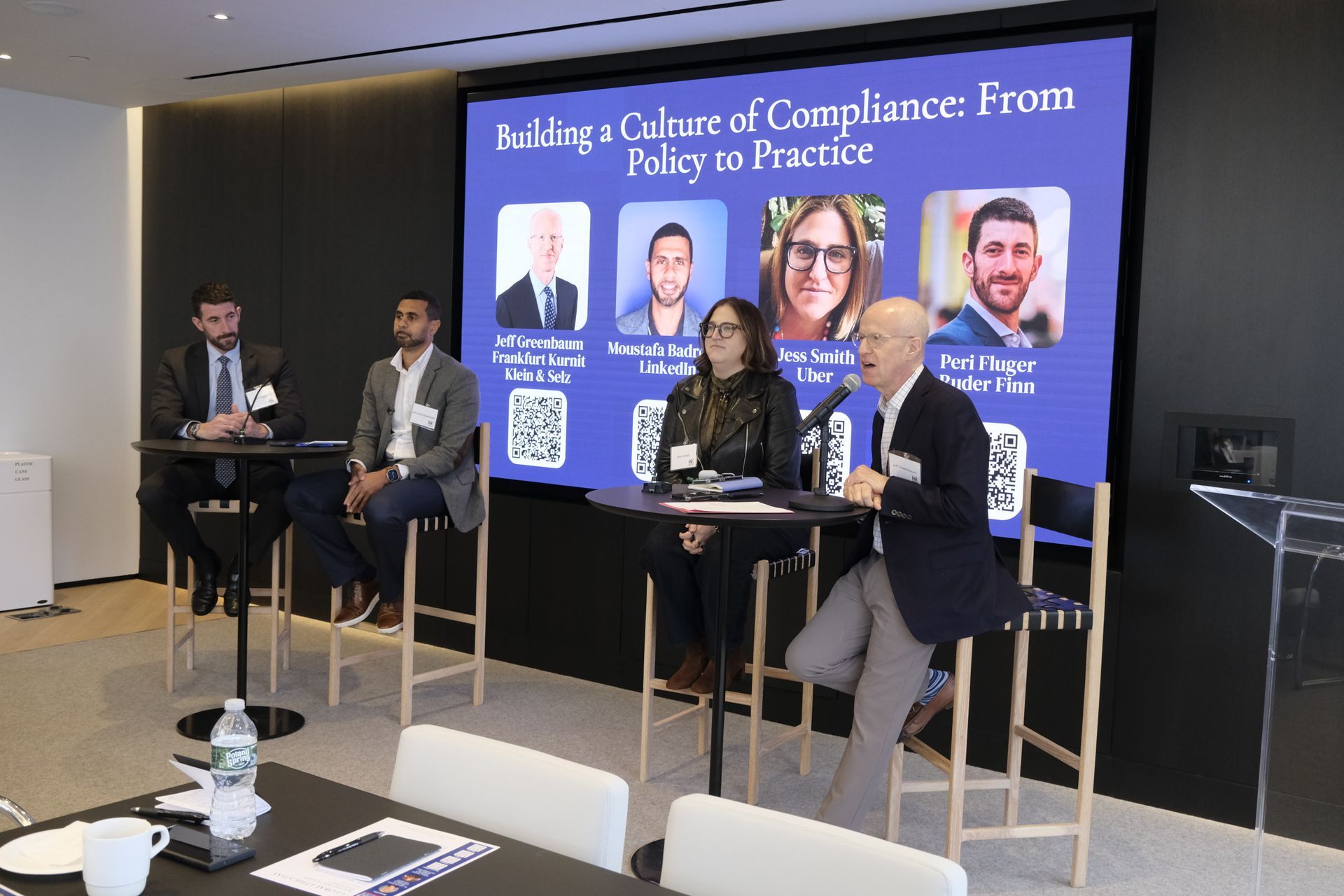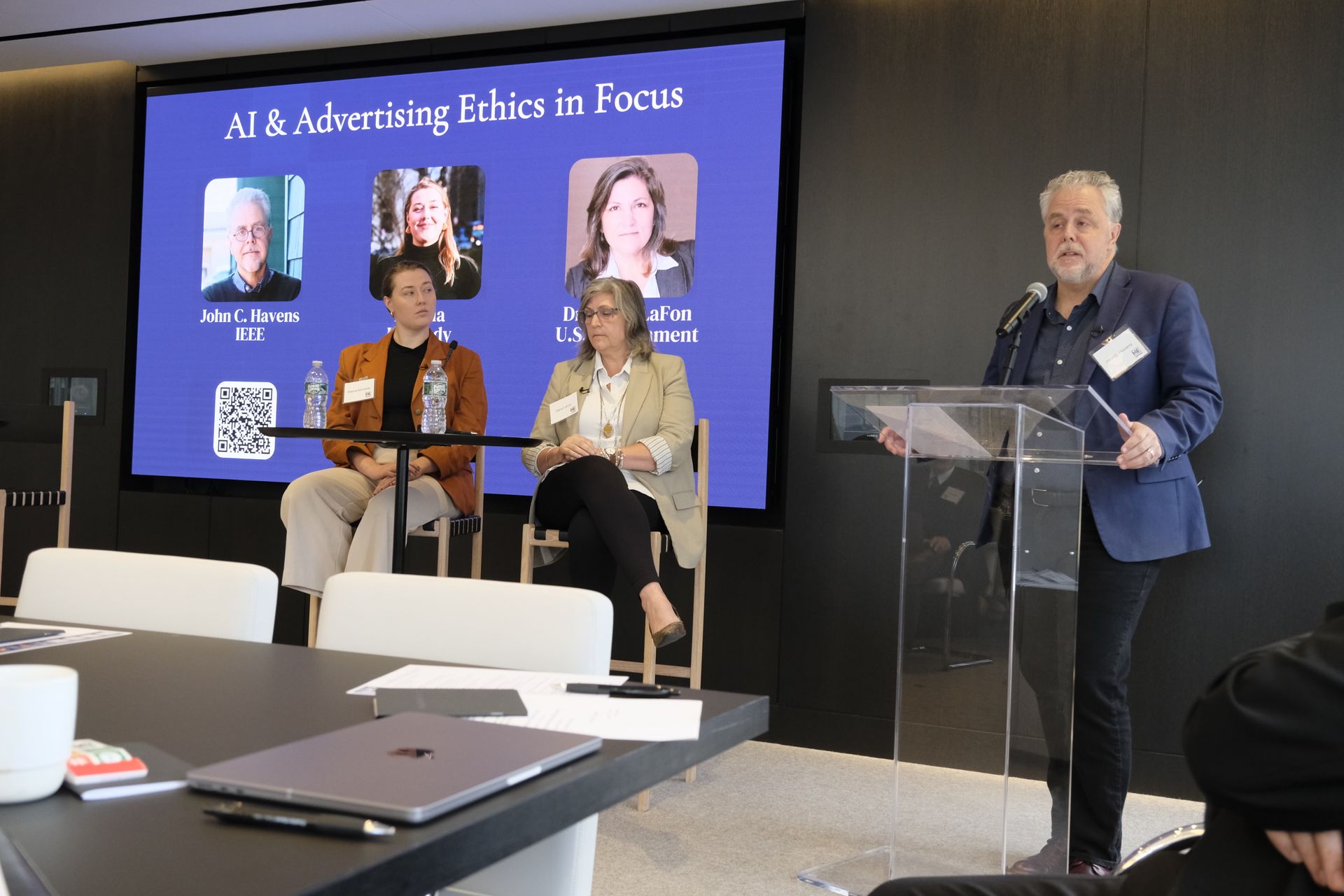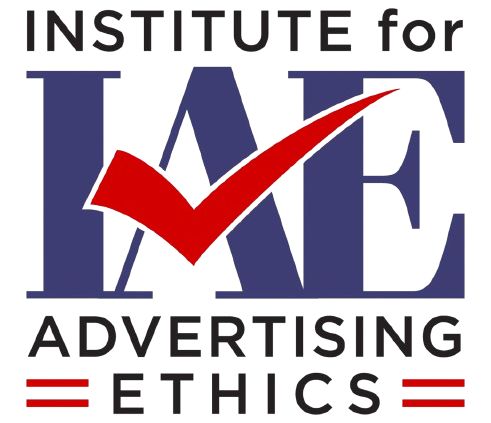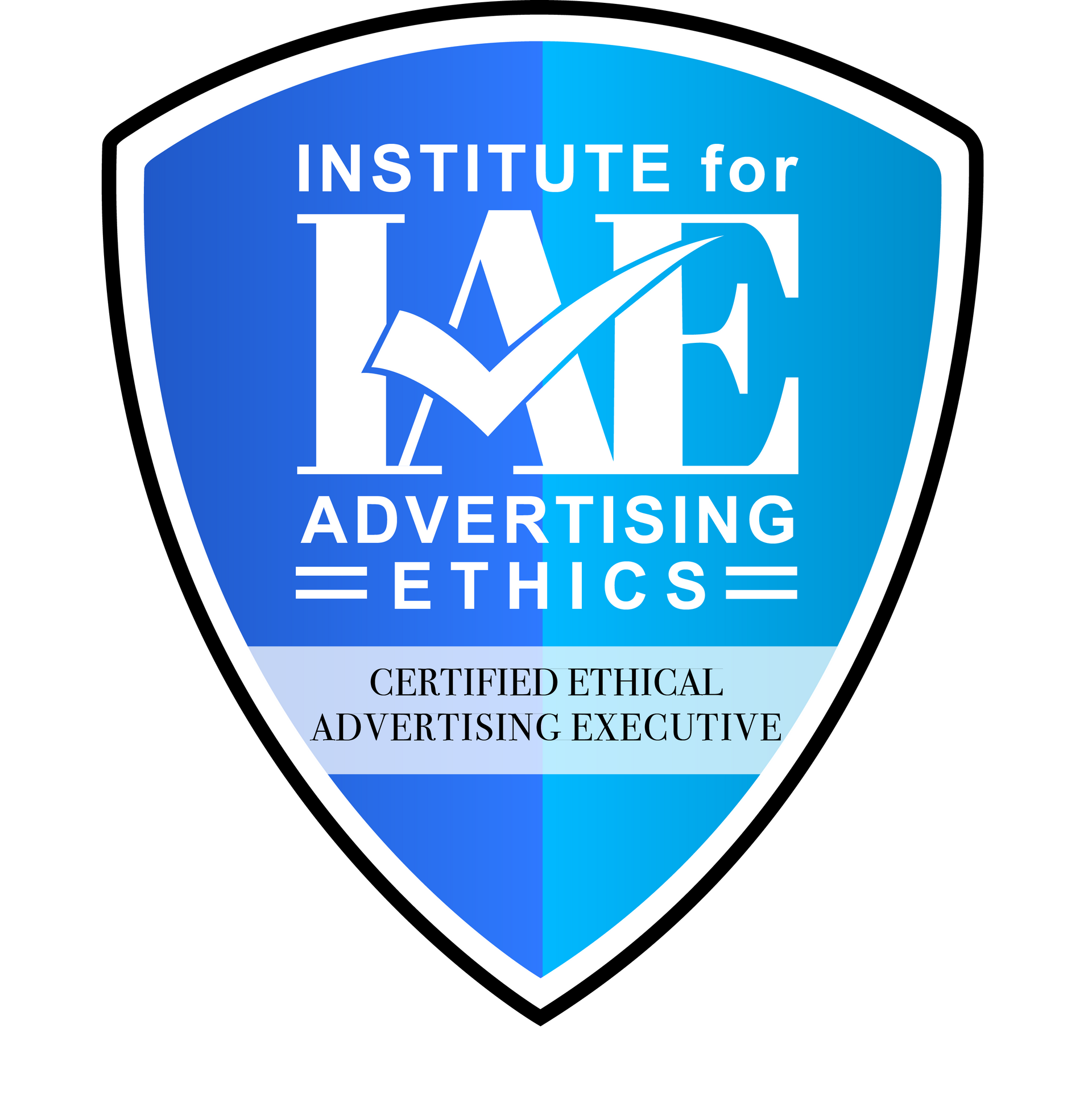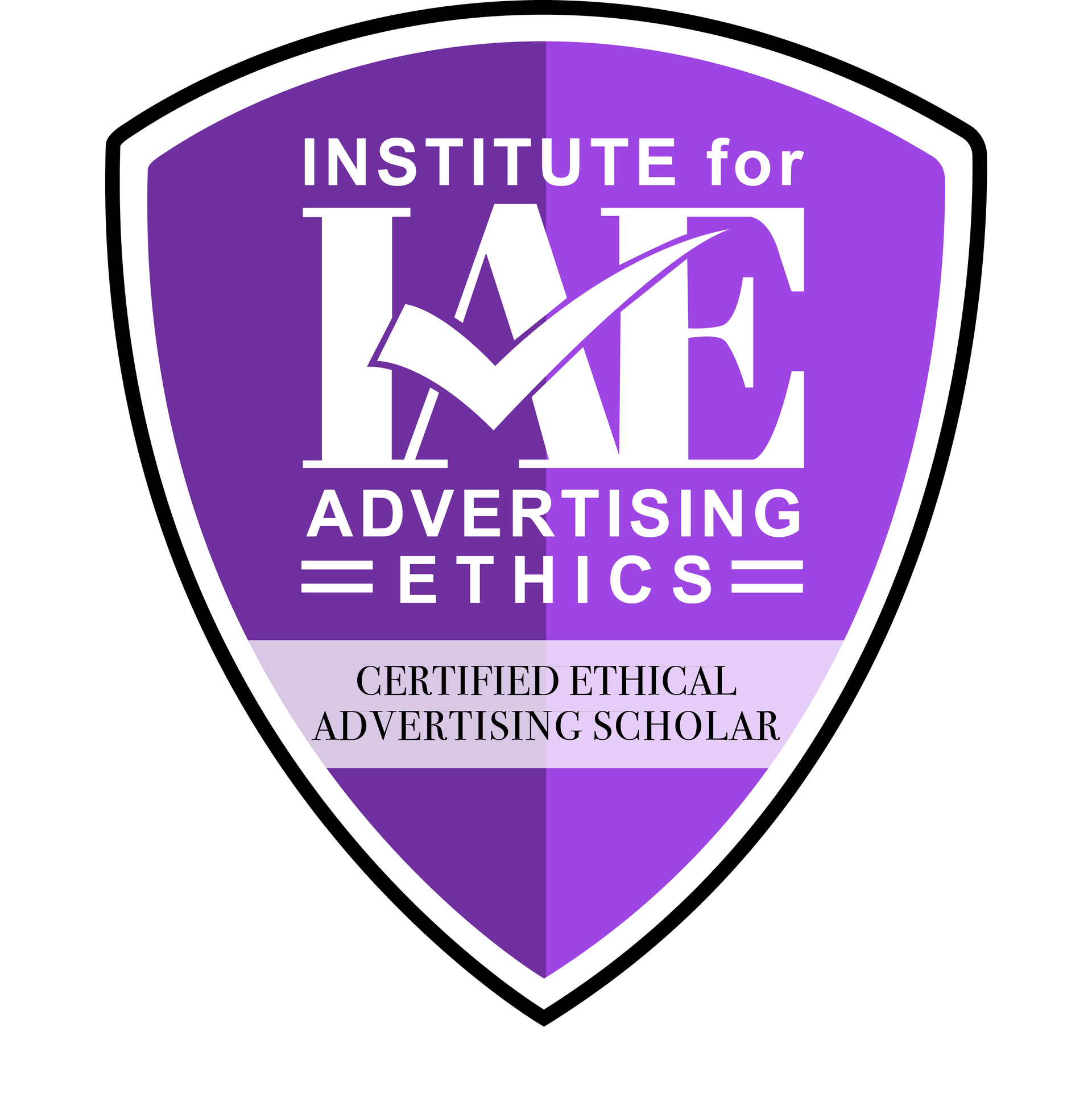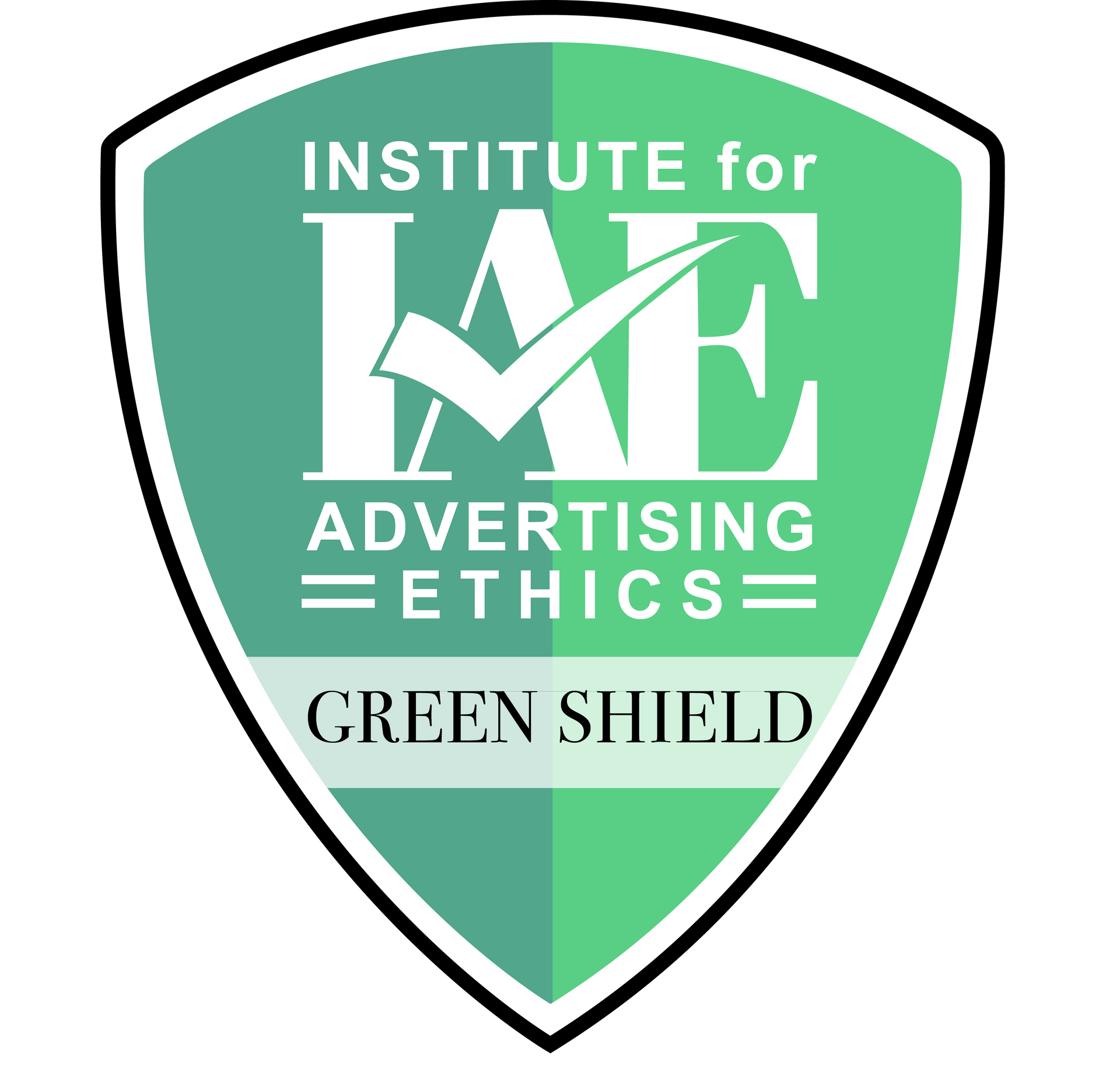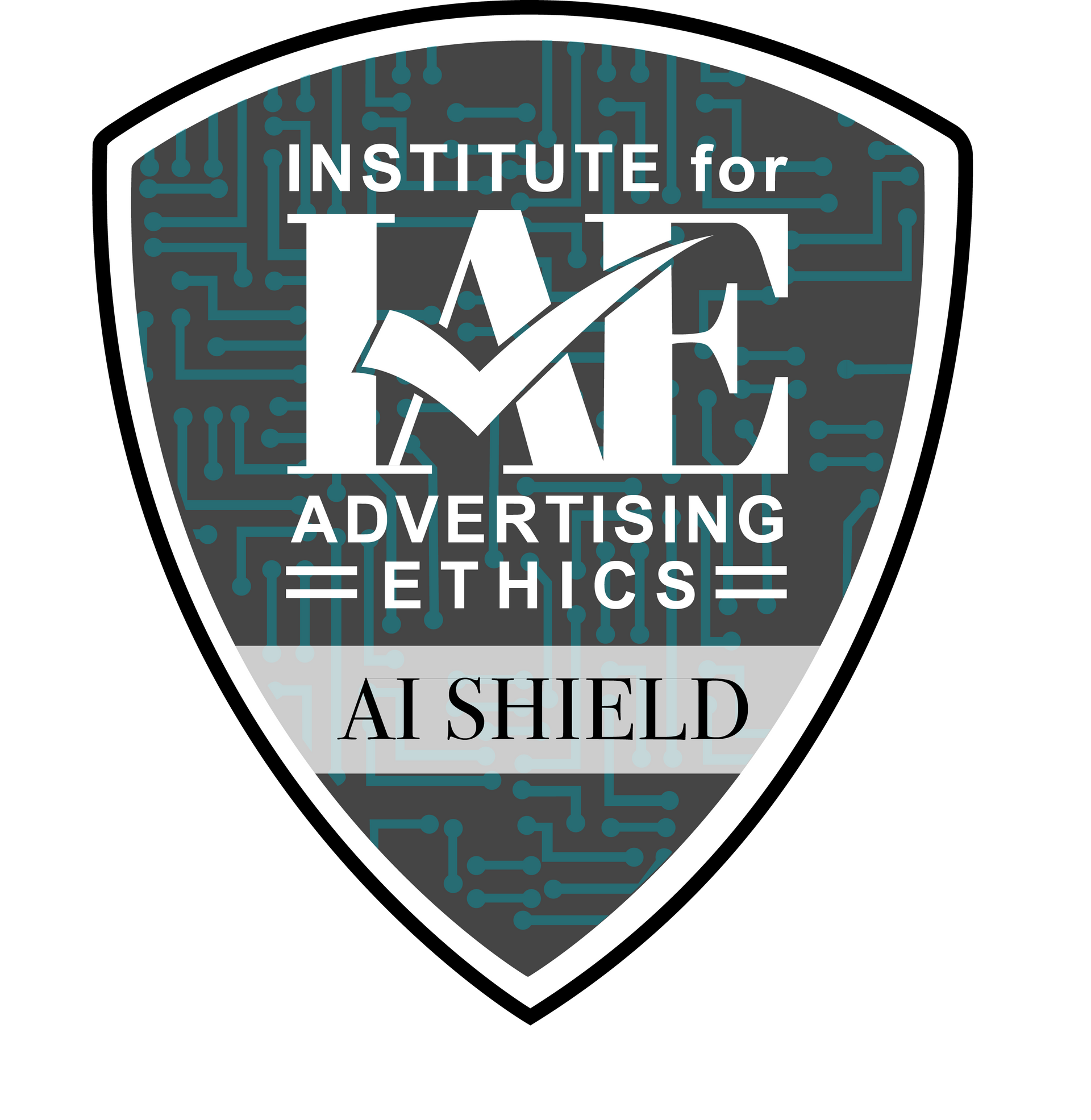Trust Builderes: Max Kalehoff
Meet Max! A member of our Trust Builders community and IAE Advisory Council.
Max is the Chief Growth Officer at Realeyes, where he leads their business product line that delivers creative intelligence for better business outcomes. Realeyes works with large consumer advertisers like P&G, Mars, and Coca-Cola, platforms like Google and Meta, agencies like WPP, Publicis, and Group Black, and measurement partners like Nielsen.
How have the IAE's certifications impacted you, your career, and your approach to ethical advertising?
My academic training in marketing, communications, and psychology-statistical research methods offered me a strong foundation in law and ethics. For me, the IAE certification was a practical and accessible refresher. It contextualizes the most important ethical principles to inform everyday challenges in the fast-changing world of modern advertising. Whether you have formal training in advertising ethics or not, the certification is highly useful. It's even useful for consumers, who don't work in advertising, as it sheds a light on the good and the bad of the advertising industry—making you a more informed consumer.
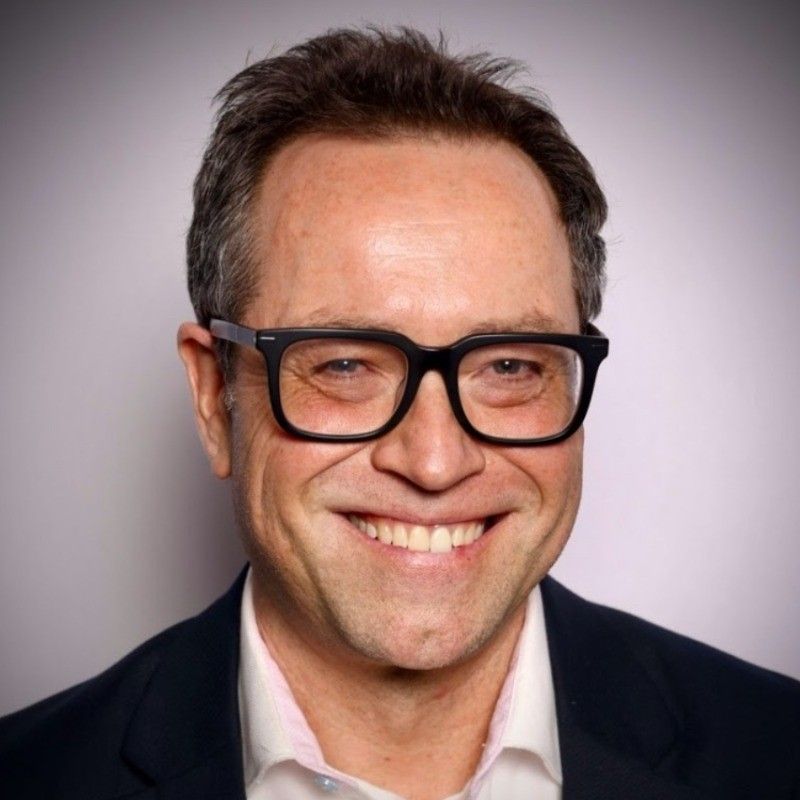

Why is ethics important for advertising?
Ethics enables trust and sustainability, period. Without trust and sustainability, there would be no advertising industry. That would not be good, as advertising is a key component of democracy and our global economy.
What are some of the biggest ethical challenges you see in advertising today and how do you think these challenges can be overcome?
Trust and confidence in institutions is waning, including in government, business, and the advertising industry, itself. That often is due to breaches in ethical behavior. In advertising, some of the big ethical challenges lie in:
- Child protection and mental health in the age of mobile and social media
- Monopolistic, destructive tendencies of large technology platforms that exist on advertising
- Unregulated AI
- Polarization and misinformation, which blurs and distorts facts and expectations of ethics
Can you share a time when you encountered an ethical dilemma? What were the outcomes?
How about an issue I encounter all the time? I work in the advertising industry, which ranks among the industries lowest in consumer trust. Why? Because of a tendency to operate in gray areas of ethics. Often enough, my industry fully breaches reasonable ethical standards. On the flip side, advertising contributes positively to the world in many big ways.
I fundamentally believe I can contribute to advertising's viability as an active, ethical leader. However, I always question that assertion because being an active leader means you can't be an aggressive ethics watchdog—the gray would consumer all you time, and make you a lot of enemies, and result in ostracization. So I occasionally ask myself: could I make a bigger impact on our world if I pursued a non-advertising career so I could more clearly and openly recognize and address advertising's shortcomings?
Deep thoughts. :-)
We want to highlight you too! Fill out this form
to be featured on our Trust Builders Spotlight.
Share
